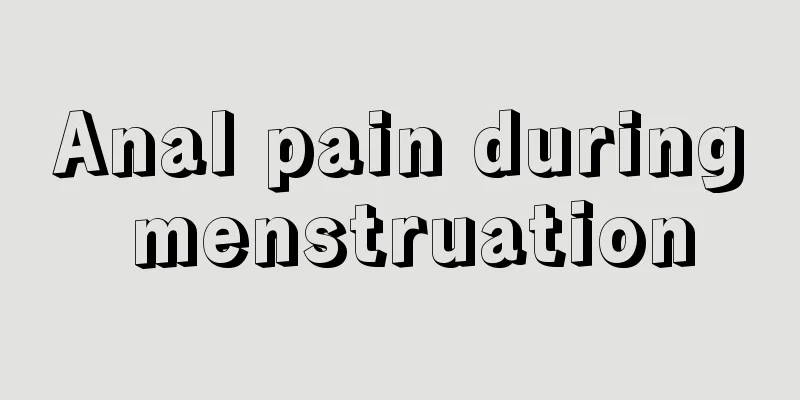What causes hair loss during breastfeeding?

|
Postpartum hair loss is also known as childbirth-related hair loss in medicine. The main reason is the influence of hormone levels and mental factors in the body, but it is sometimes related to daily nutritional status. Let’s talk about the specific causes of hair loss below. 1/ Changes in hormone levels. When estrogen levels are high, hair renewal slows down, and vice versa, hair renewal speeds up. The amount of estrogen in a pregnant mother's body increases during pregnancy, which prolongs the "lifespan" of the hair that would normally fall out during pregnancy. When the baby is born, the estrogen content in the mother's body begins to decrease, and the hormone ratio gradually returns to the normal balance before pregnancy. Due to the "lower" estrogen level in the body, the "overdue" hair retires and falls out, and new hair cannot grow for a while, causing the hair to show a "gap" condition, resulting in thinning of hair and accompanied by itchy scalp and increased dandruff. 2/ Stimulation of mental factors. Pregnant mothers are always in a state of tension from the time of delivery to the postpartum period and are easily fatigued. In addition, breastfeeding and taking care of the baby personally affect their sleep. These factors are all causes of hair loss. When hair falls out, the mother will feel anxious and uneasy, which creates new mental stimulation, and the cycle continues, causing more and more hair loss. 3/Imbalanced nutritional supply. Because pregnancy and childbirth are extremely exhausting processes for women, postpartum body recovery and baby feeding require a lot of nutritional supplements. If the mother has poor digestion and absorption function after childbirth, or the diet is too monotonous, or she is picky about food, or even some mothers go on a diet to maintain a slim figure after childbirth, it is easy to suffer from nutritional deficiencies or unbalanced nutrition, resulting in insufficient supply of protein, vitamins or minerals in the body, thus affecting hair growth and metabolism. 4/ Improper hair care. Some mothers are afraid to wash or comb their hair during the confinement period, which causes the sebum secretions and dust on the scalp to mix and accumulate, which not only affects the blood supply to the head, but also easily causes folliculitis or scalp infection, thereby increasing the chance of hair loss. |
<<: What are the symptoms of acute pelvic inflammatory disease
Recommend
Backache before menstruation and early pregnancy
Women often feel back pain. Some women feel back ...
My period is 10 days late, what's going on?
Delayed menstruation is a common problem among mo...
What is the P station mentioned by the old driver? What does P station mean?
What is the P station that the old driver is talk...
What is the birthing process like for women?
Pregnancy is a long process for women, which invo...
I ate snow clam twice and my menstruation stopped. What happened?
Snow clam is a very precious seafood market and i...
Treatment of breast cancer recurrence
Nowadays, more and more women love beauty, so bea...
What kind of tea is best for women with cold body
Women's physique is yin, so they are prone to...
Methods for pregnant women to induce lactation
If a mother finds that she has less milk after gi...
Cervical squamous intraepithelial neoplasia
Many women will find that when they are doing cer...
The process and nursing of incision hardening after cesarean section
Nowadays, many women have cesarean sections, beli...
What should I do if my menstrual period is too light? It almost disappears in two days.
The amount of menstrual flow in each cycle of wom...
What is the difference between good wine and bad wine? Is wine still good after dealcoholization?
Wine is made from grapes. Different varieties of ...
Treatment of multiple uterine fibroids
The disease of uterine fibroids should be very fa...
As long as patients with cirrhosis do not have these 3 conditions, don't worry, their lives will not be in danger for the time being!
I know that many patients are very worried after ...
Take birth control pills 1 hour before sex
When taking emergency contraception, you cannot t...









